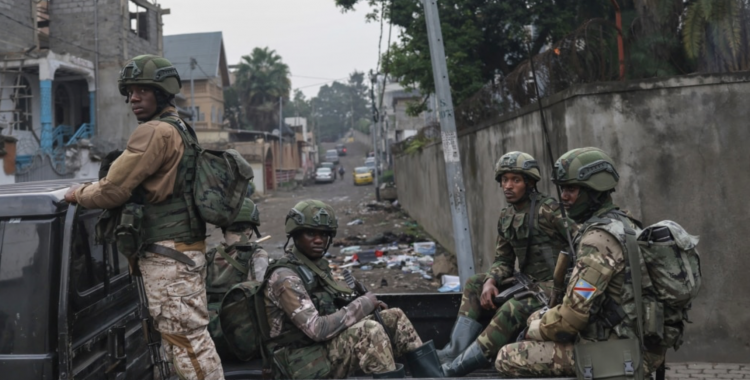"We have received the invitation from the mediator (President João Lourenço) and we will listen to him. A Congolese delegation will travel to Luanda on Tuesday, at the initiative of the mediators," said Tina Salama, spokesperson for DRC President Félix Tshisekedi.
Salama confirmed her country's participation after João Lourenço called on Saturday for a ceasefire between the parties, starting on Sunday, to facilitate negotiations.
However, through the social network X, the M23 accused the Congolese government of wanting to "sabotage" the dialogue, claiming that government forces had indiscriminately bombed "densely populated areas" and attacked rebel positions in recent days.
Last Wednesday, President João Lourenço announced the start of direct peace negotiations between the DRC government and the M23, on Tuesday, in the Angolan capital.
Hours after the announcement, on the night of Wednesday into Thursday, M23 took control of Idjwi Island in Lake Kivu, and the group now controls seven of the eight territories that make up the eastern province of South Kivu.
The M23 – which is supported by Rwanda, according to some Western countries, such as the US, Germany and France – controls the capitals of the provinces of North and South Kivu, which border Rwanda and are rich in minerals essential for the technology industry and the manufacture of mobile phones.
The death toll in and around the conflict in Goma, the capital of North Kivu, has exceeded 8500 since January, according to information provided by Congolese Public Health Minister Samuel Roger Kamba at the end of February.
In that province, armed activity by the M23 – a group made up mainly of Tutsis, which suffered the Rwandan genocide in 1994 – resumed in November 2021 with lightning attacks against the Congolese army.
Since 1998, eastern DRC has been mired in a conflict fuelled by rebel militias and the army, despite the presence of the UN peacekeeping mission (MONUSCO).







